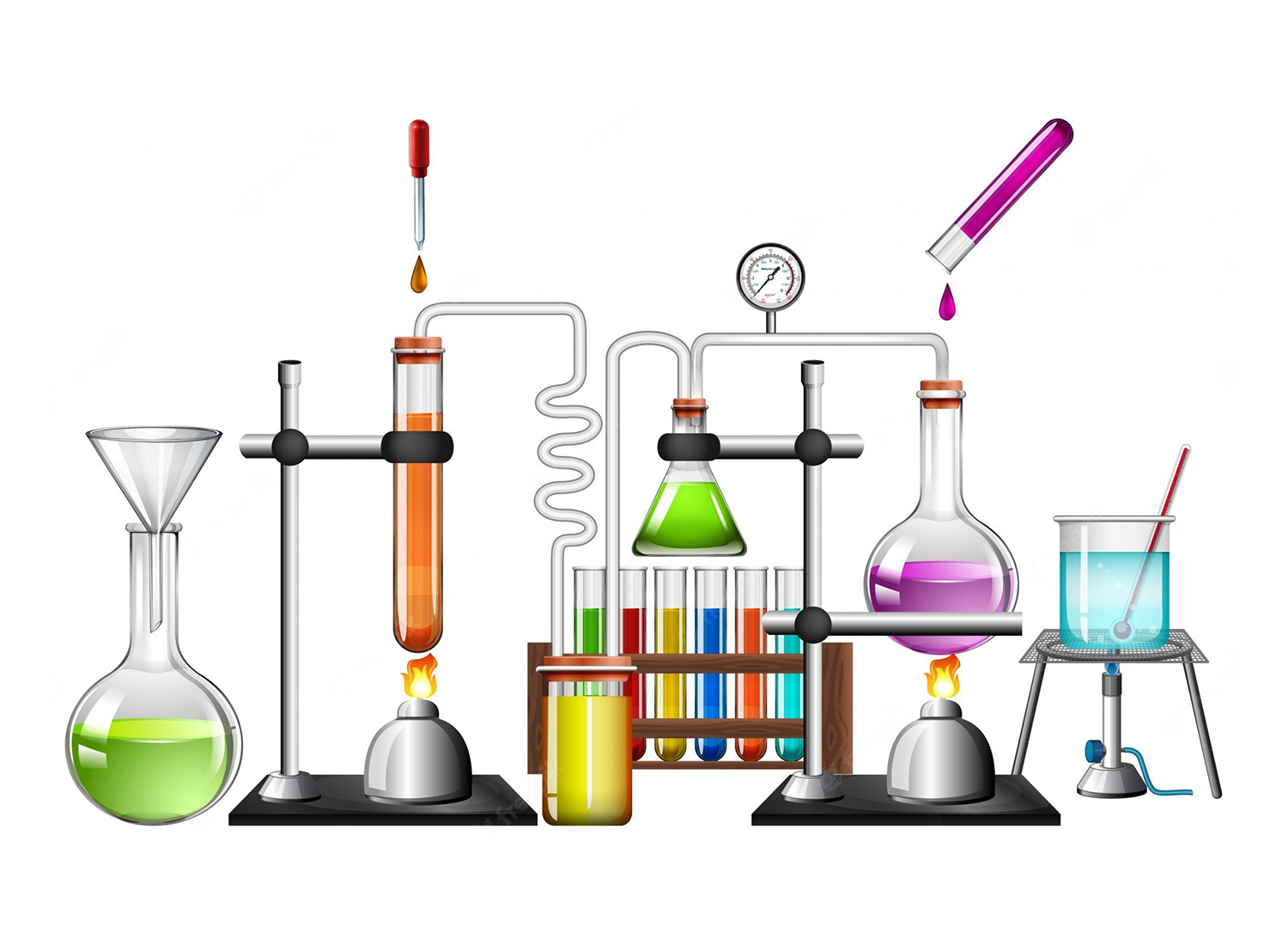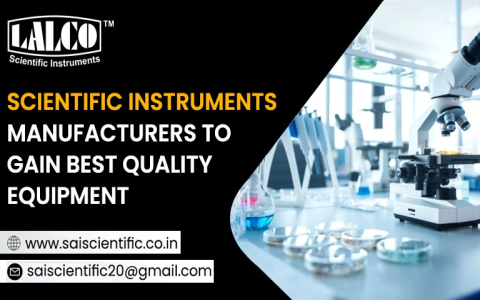So, how did I end up spending years fiddling with test tubes and weird humming machines? Honestly, it wasn’t some grand plan. Fresh out of school, needed a job, and saw an opening described vaguely as “lab work”. Sounded kind of scientific, maybe even a bit cool, you know? Like those shows where they solve mysteries with fancy equipment. Well, reality hit pretty fast.

My first few weeks, maybe months, weren’t exactly groundbreaking science. A lot of it was just… cleaning. Washing glassware until my hands were raw. Making sure everything was sterile. Prepping solutions following step-by-step guides like baking a cake, only way less tasty. Felt more like a kitchen helper than a scientist, if I’m being totally honest. Lots of fetching things, labeling tubes, organizing samples. The real basic stuff.
Eventually, they let me handle some actual procedures. Pipetting tiny amounts of clear liquid from one tube to another, over and over again. You get really good at pipetting, let me tell you. It becomes muscle memory. Then running samples through machines. You load them up, press buttons, and mostly just wait. Sometimes for hours. You learn to get good at waiting, or finding other small tasks to fill the time.
Dealing With the Gear
Oh, the equipment. We had this one ancient centrifuge, bless its heart. Shook like crazy, sounded like a jet engine taking off. We all secretly prayed it wouldn’t decide to launch itself across the room one day. You had to balance the tubes in it perfectly, or it would rattle even worse. Then they brought in some fancy new analyzer. Cost a fortune. Supposed to automate everything. It worked, sometimes. But when it broke down? Nightmare. Needed specialized technicians, cost more money, and everything backed up while we waited. Sometimes the old, reliable, noisy way felt better.
And the computers attached to everything. Running software that looked like it was designed in the 90s. Clunky interfaces, weird error messages nobody understood. You just learned the quirks, the weird sequence of clicks to make it do what you wanted.
The Never-Ending Paper Trail
Don’t even get me started on the paperwork. Or rather, the digital equivalent these days. Logging everything. Every sample, every test, every result, every machine calibration, every maintenance check. Standard Operating Procedures (SOPs) thicker than phone books (if anyone remembers those). You had to document that you followed the SOPs. Then document that you documented it. Okay, maybe not that bad, but close. Felt like I spent almost as much time typing and clicking checkboxes as I did actually handling samples. It’s necessary, I get it, for quality control, for traceability, but man, it could suck the life out of you some days.

The people were mostly fine. You find your rhythm, who to ask for help, who to avoid before they’ve had coffee. Shared frustrations about the workload or that one finicky machine. It’s like any workplace, really. You need that teamwork to get through the day, especially when things get busy or something goes wrong.
Looking back, it wasn’t the glamorous gig I might have vaguely imagined. It was often repetitive, sometimes tedious, and involved a lot more cleaning and paperwork than science-fiction prepares you for. But, you know, I learned a lot. Patience, mostly. And how to handle really, really tiny amounts of liquid without spilling them. It was a job, it paid the bills, and I got a peek behind the curtain of how that part of the world works. Not bad, all things considered.

